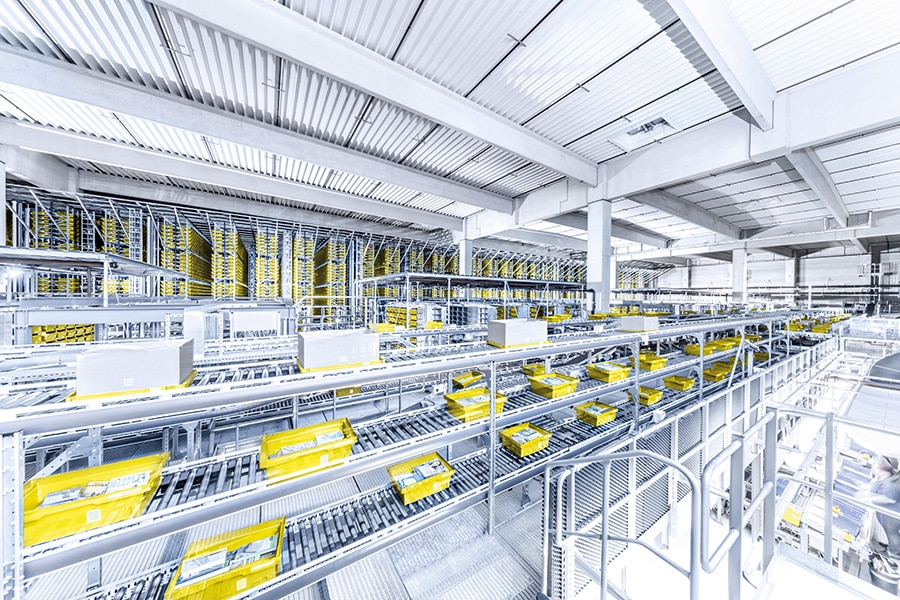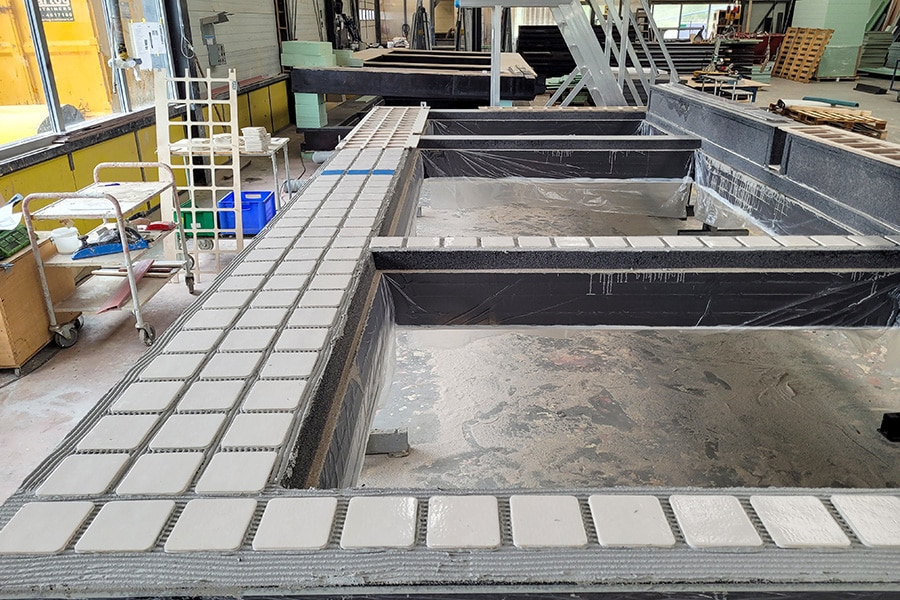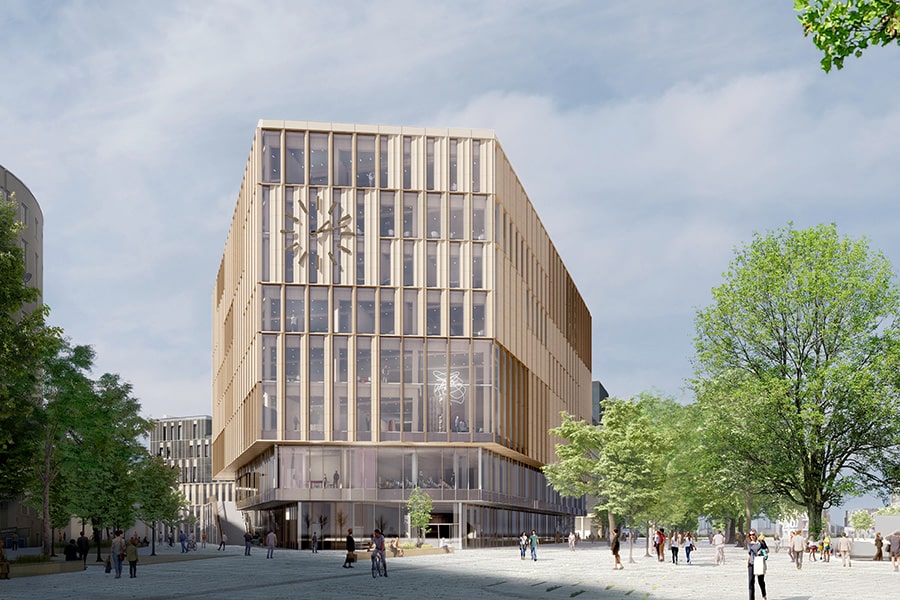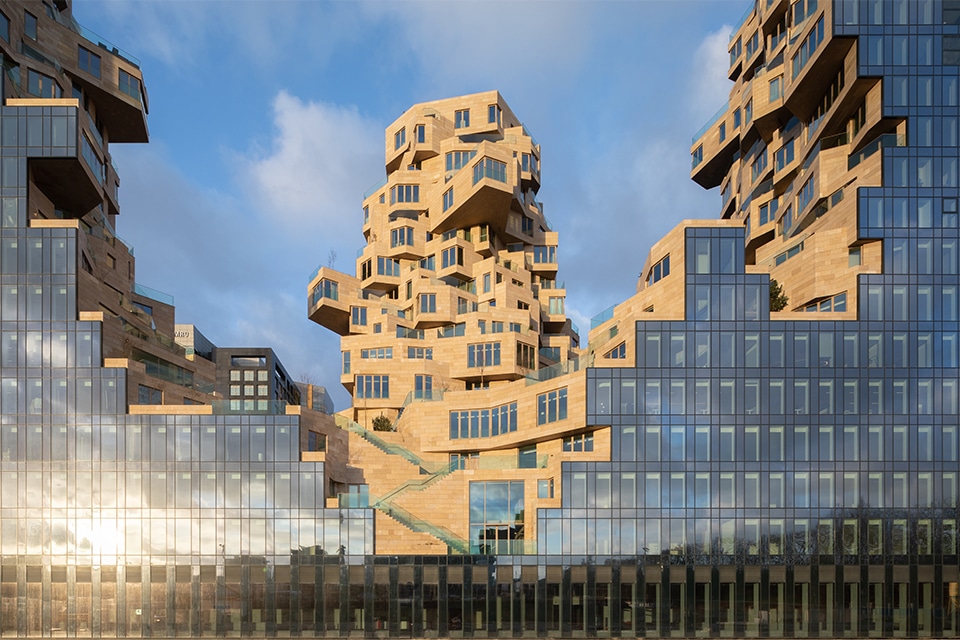
'Top projects stimulate our learning ability'
J.P. van Eesteren is one of the larger developing builders in the Netherlands, especially where challenging non-residential construction is concerned. Proof that clients like working with 'JP'. What is the secret? Rotterdam roots combined with tight process management? "Dealing normally with people, doing business transparently, focusing on core tasks, pioneering and innovating, a broad outlook and job satisfaction: it all comes into play," says CEO Marco Peppel. "Very important is also: having and keeping craftsmanship in-house." According to him, the latter is of increasing importance in the construction industry.
In recent years, many fellow builders have opted for solid work with a low risk profile and/or outsourcing core tasks. "On the contrary, we opt for the challenges, such as the construction of high-rise wooden towers, like HAUT in Amsterdam's Amstel Quarter. We prefer to engineer our construction projects ourselves; then it is essential to keep the expertise in-house and not to outsource too much work. Albeit with a rational perspective: affordability remains important to make projects feasible."
Within the entire TBI group (19 companies with a foundation as sole shareholder), efforts are being made to recruit and train new professionals. "In addition, it is always nice to have extra eyes and ears on the construction site with our own, committed construction site employees."
Develop
"Clients know J.P. van Eesteren as a reliable main contractor and tight director of construction projects. But we are also making headway as a developer, with projects such as Little C in Rotterdam, developed together with ERA Contour, and 5TRACKS Breda, a development with Synchroon." The combination of design, engineering and realization is appreciated by clients, Peppel said. The same goes for the presence of sister companies in the TBI group and the cooperation with other regular partners. "It is not an obligation, but if at all possible the cooperation with sister companies such as Synchroon, ERA Contour or Croonwolter&dros is very welcome. This type of collaboration also contributes to a high-quality end result."
Unique buildings
Rotterdam sobriety? "That is where our roots do lie," said Peppel . "The long term is paramount: things can go well and badly in construction, we have always kept our expertise in-house." And in construction, of course, you need new, young people to complement that expertise and to innovate. "A clear profile attracts people, which is essential in this day and age." In combination, of course, with challenging, beautiful and relevant projects, such as Markthal Rotterdam, Triodos Bank in Driebergen-Rijsenburg and Weeshuis Gouda. Unique buildings with charisma, respectively an architectural icon, a wooden office for a sustainable bank and the transformation of a monumental complex into housing and boutique hotel. "Every top project contributes to our learning ability, and you always need that in your organization. For the engineering of new building methods, as with HAUT, but also for the smart elaboration of designs and logistical developments. Building is continuous process innovation for us," Peppel concludes.




